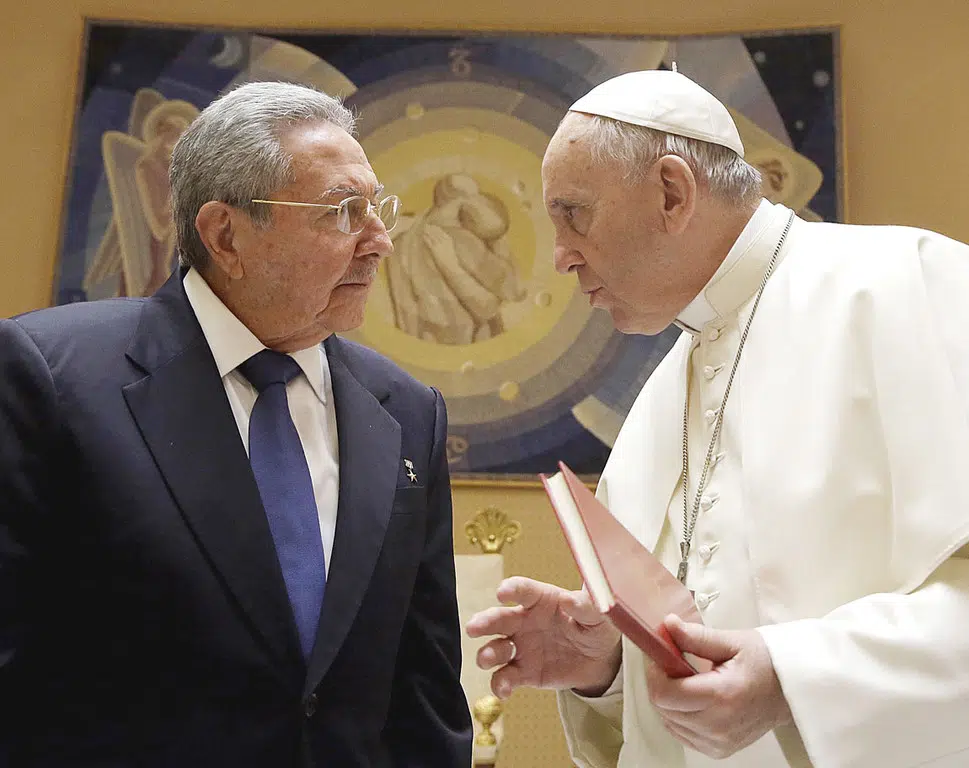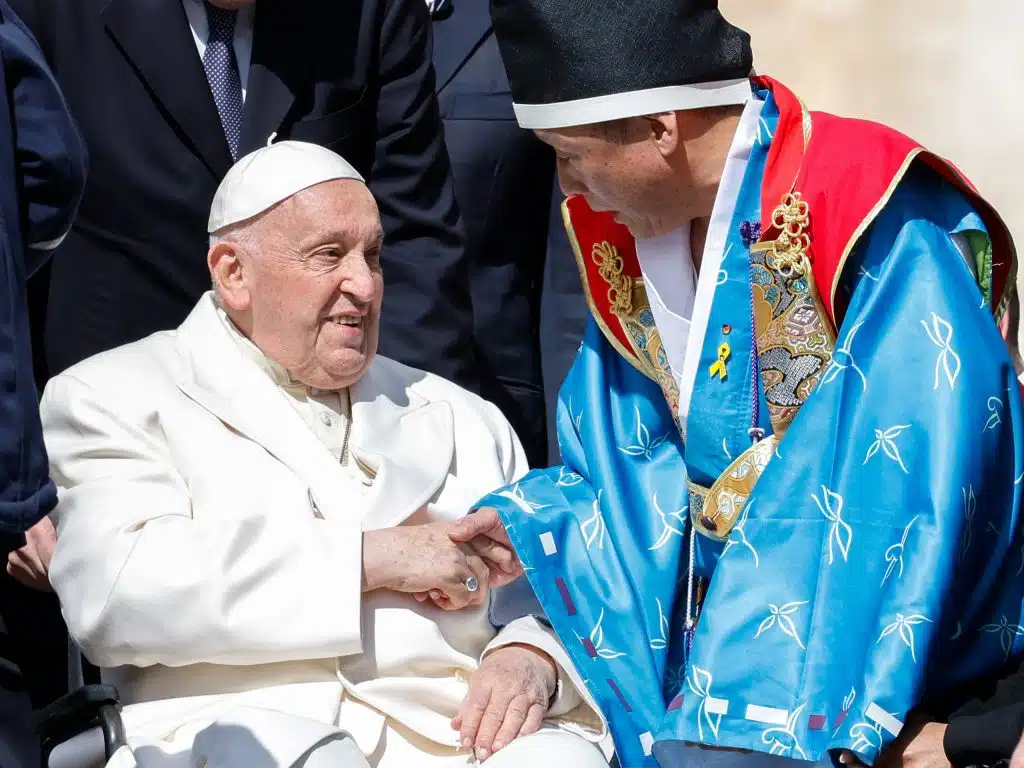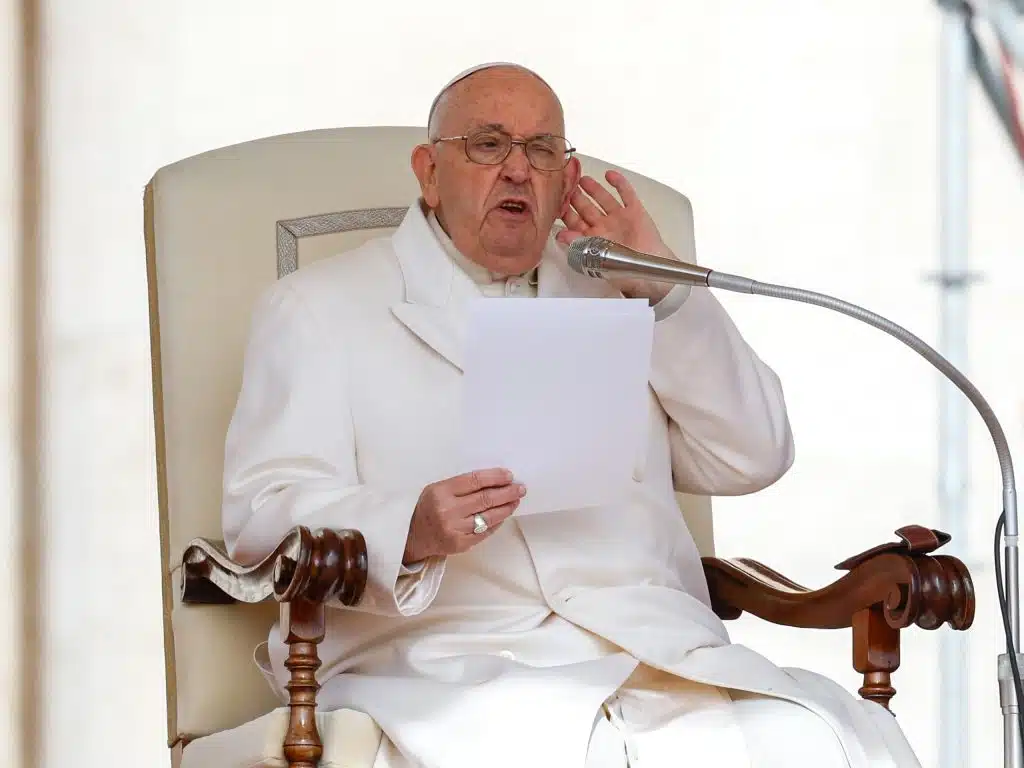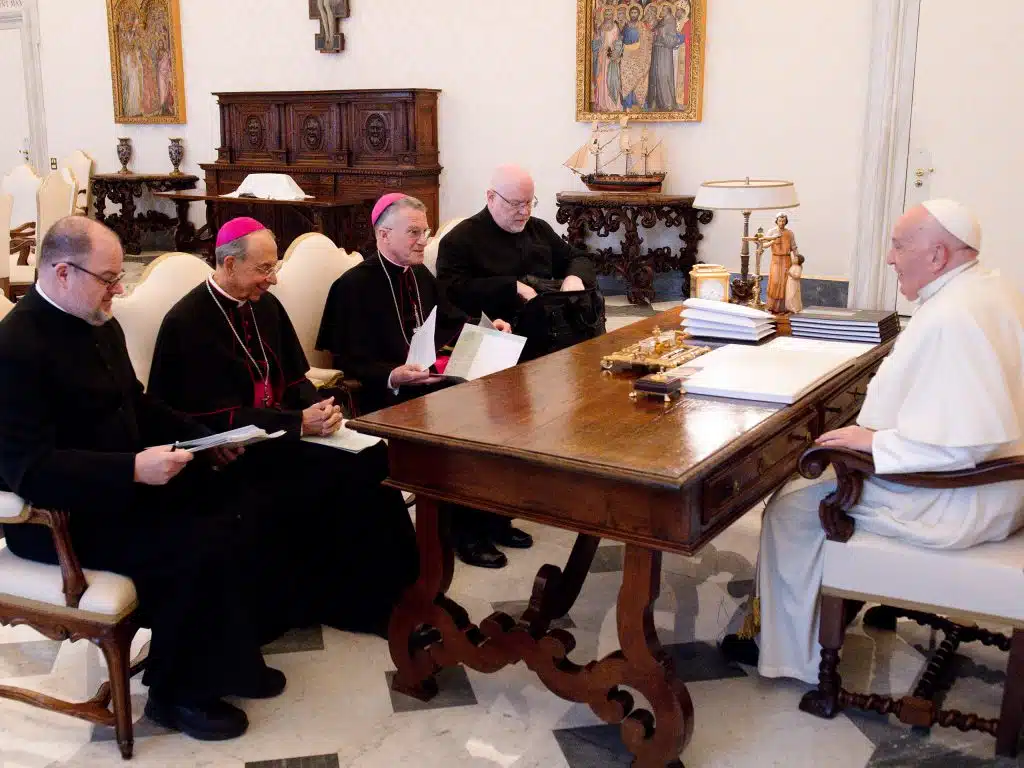The pope’s message of mercy is exactly what Cuba needs, some say.
“Cuba need mercy because Cubans have been divided even inside Cuba, and Cubans have been divided even outside Cuba,” said Eduardo Azcarate, born in Havana but who now lives in Falls Church.
The presence of Pope Francis can bring about a spirit of forgiveness among Cubans, he said.
“I think that that is most important at this point, there has to be reconciliation, and there has to be giving up of old concerns, of old doubts, old fears, old hurts that have accosted us” and divided Cubans, he said.
Following the 1959 revolution, Cuba declared itself officially atheistic. Catholics could not be members of the Communist Party. Recently, on a Web page promoting the apostolic visit, a section labeled “Fidel and Religion” addressed some of the discrimination against Christians that took place. It is based on a past interview with a Dominican priest known in Latin America as “Frei Betto.”
“Fidel admitted frankly that there was discrimination in the first decades of the Revolution,” the page reads.
It then adds a quote by Fidel Castro addressing the topic, saying that while “subtle discrimination of Christians” took place at the start of Cuban revolution, it was not intentional or planned.
Much has improved between the government and the Catholic Church since the early days of the revolution. The church is close to finishing construction of its first new cathedral in 50 years. Catholics can openly attend Mass and can now even be members of the Communist Party. But the church still has no permission to resume Catholic education on the island or to purse its mission in institutions such as orphanages or hospitals, as it did in the past.
That’s why, even though there has been progress some, like Oscar Gongora who left Cuba 23 years ago, say they have a hard time finding trust. What’s worrisome to him, Gongora said, is having the church “negotiate” with the government and having any sort of relationship.
“It worries me, it saddens me,” he said.
Enrique Cabrera Napoles, founder of Cuba’s Holy Childhood Association who lives in Camaguey, Cuba, said the church always holds hope of what a papal visit can bring, but people must consider the spiritual landscape that comes with five decades of the erosion of Catholic Cuba. Many Cubans will go out to see Pope Francis, just as they went out to see St. John Paul II and Pope Benedict XVI. But a papal visit can only do so much, he said.
According to the Vatican, 53 percent of the island’s 12.7 million or so inhabitants are said to be Catholic. Yet some estimate that anywhere from 1.3 percent to 10 percent of those practice the faith.



